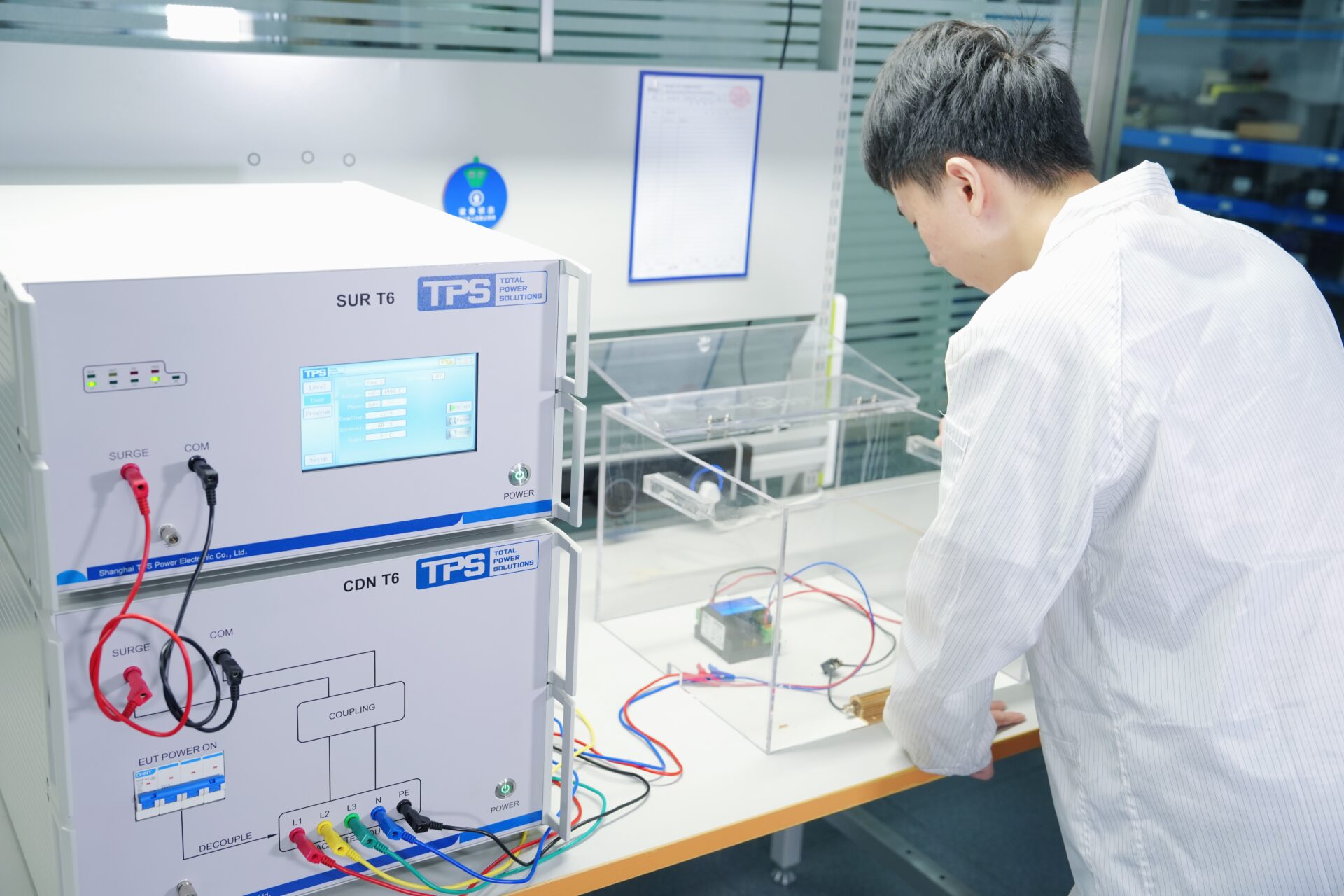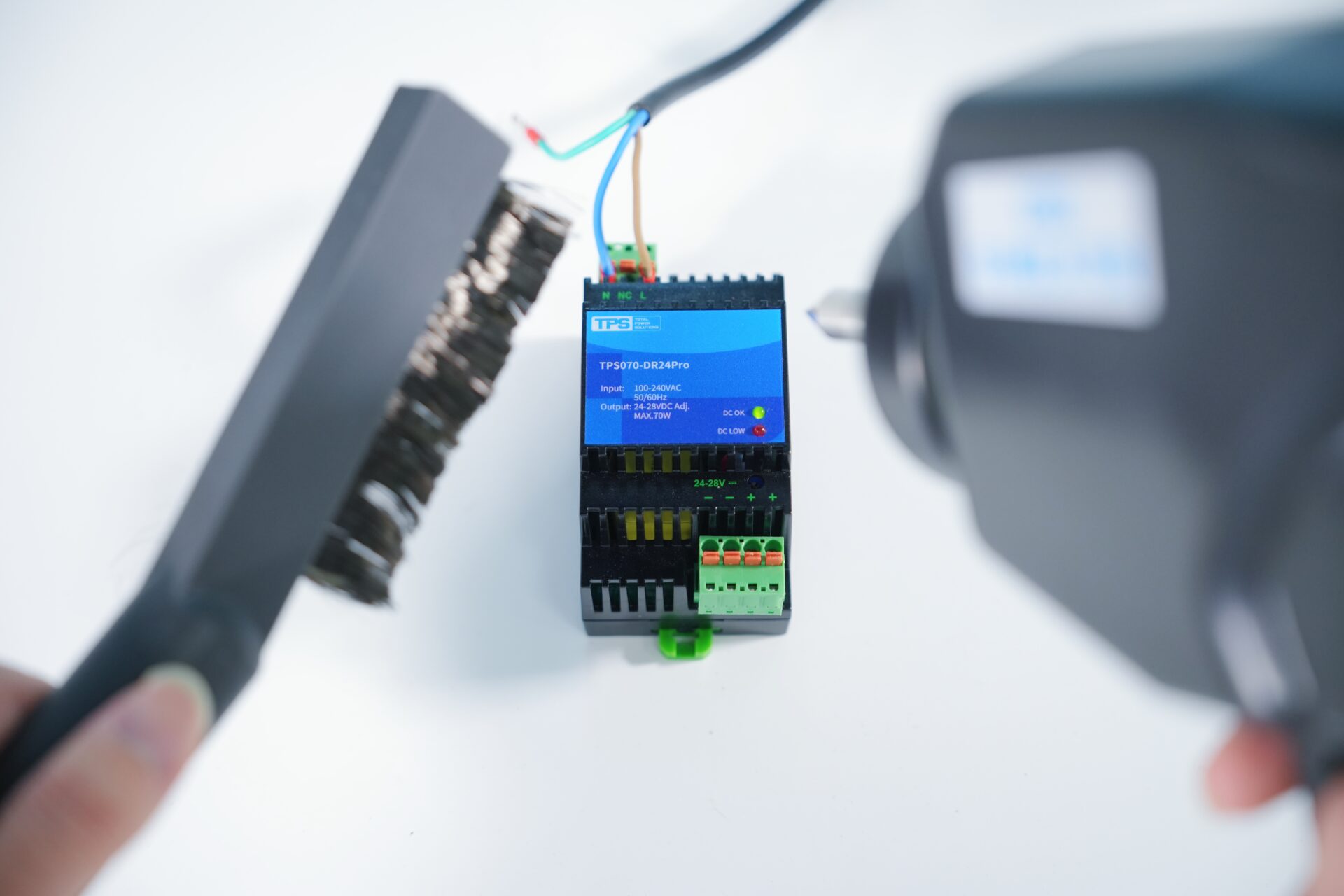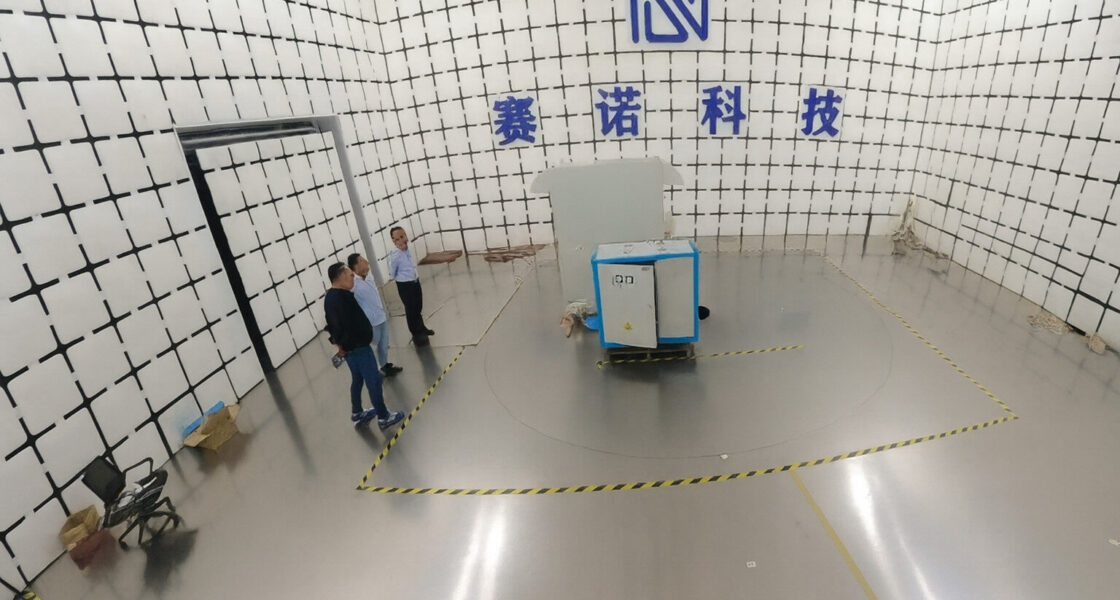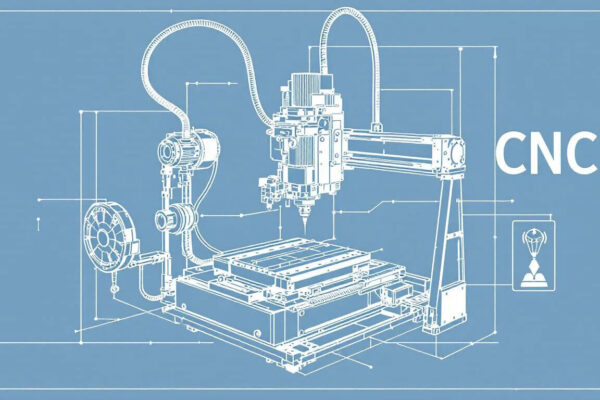What Is Electromagnetic Compatibility Testing?

For many companies entering regulated markets, a common question arises: What is electromagnetic compatibility testing?
In simple terms, it evaluates whether an electronic device can function properly in its intended environment without generating or being affected by unwanted electromagnetic interference (EMI).
EMC tests typically include emissions, immunity, and shielding assessments to ensure compliance with international standards such as IEC 61000 or CISPR guidelines.
Growth of the EMC Testing Service Market
The global market for EMC test equipment and testing services is experiencing rapid expansion. With the growing adoption of IoT, automotive electronics, and renewable energy technologies, the demand for professional EMC testing services is higher than ever.
Laboratories equipped with advanced EMC testing equipment and certified expertise help manufacturers reduce risk and accelerate time-to-market.
EMC Test Equipment and Market Dynamics

Suppliers of EMC test equipment are seeing strong growth opportunities. The market for shielding and testing technologies is being driven by innovations in shielding materials and advanced analyzers.
These tools enable engineers to identify electromagnetic issues early in the design cycle, substantially reducing compliance costs.
Applications in Battery Systems
Another fast-growing segment is EMC testing for batteries.
As electric vehicles and large-scale energy storage solutions become mainstream, ensuring that battery packs and charging systems pass rigorous EMC tests is essential. Poor shielding or interference can not only degrade performance but also compromise safety.
Today, specialized EMC testing services are an integral part of the battery certification process.
Conclusion
From EMC testing equipment to specialized testing services, the industry is rapidly adapting to the demands of modern electronics. The growth of EMC testing for batteries, the expansion of test equipment and services, and innovations in shielding technologies all underscore the importance of EMC compliance.
As more companies ask what electromagnetic compatibility testing is, the answer is clear: it is not only a regulatory requirement, but also a fundamental step in building safe, reliable, and future-ready electronic systems.




